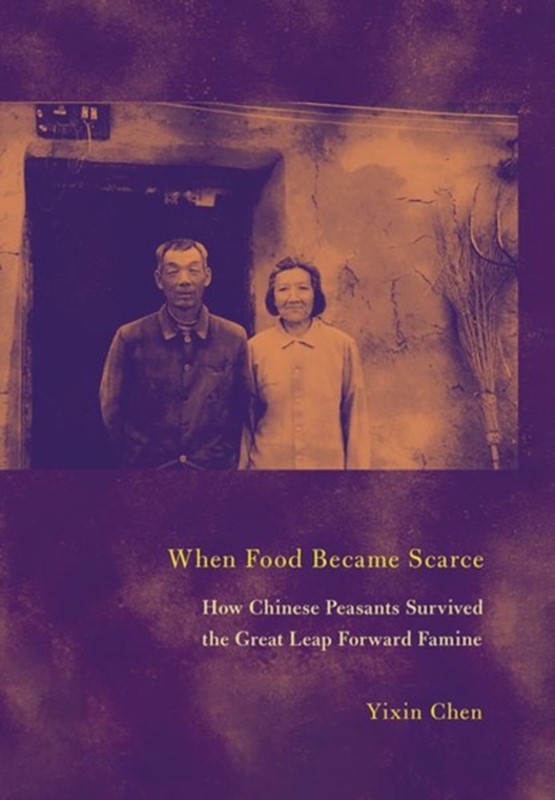Recipes for Russia - Alison K. Smith - Bog - Cornell University Press - Plusbog.dk
Alison K. Smith examines changing attitudes, behaviors, and beliefs about the production and consumption of food in Russia from the late eighteenth century through the mid-nineteenth century. She focuses on the way that competing ideas based either in "traditional" Russian practice or in new practices from the "rational" West became the basis for Russians'' understanding of themselves and their society. The Russians who participated in the process of self-definition were variously private authors and reformers or public servants of the Russian imperial state. Some had great success in creating a sense of themselves as ultimate authorities on a given topic. For example, a series of cookbook authors developed a system of writing Russian cookbooks in ways that borrowed from, but were still quite different from, foreign sources. Others found the process of mediating these ideas more difficult; agricultural reformers, in particular, sometimes found traditional practices, now deemed irrational, hard to eliminate. Recipes for Russia looks at the process of nation-building within the framework of the modern world—that is, it looks at the way individuals sought to define their nationality not only against outside influences but also by incorporating those outside influences into some coherent, yet national, whole. While Smith looks at food as part of Russian culture, she also connects it with the social, legal, and economic background that formed the culture, while examining the pre-reform period in significant detail. As a result, Recipes for Russia illuminates the great changes of this period, both in the food habits of Russians and in their views of themselves and of their nation.

























